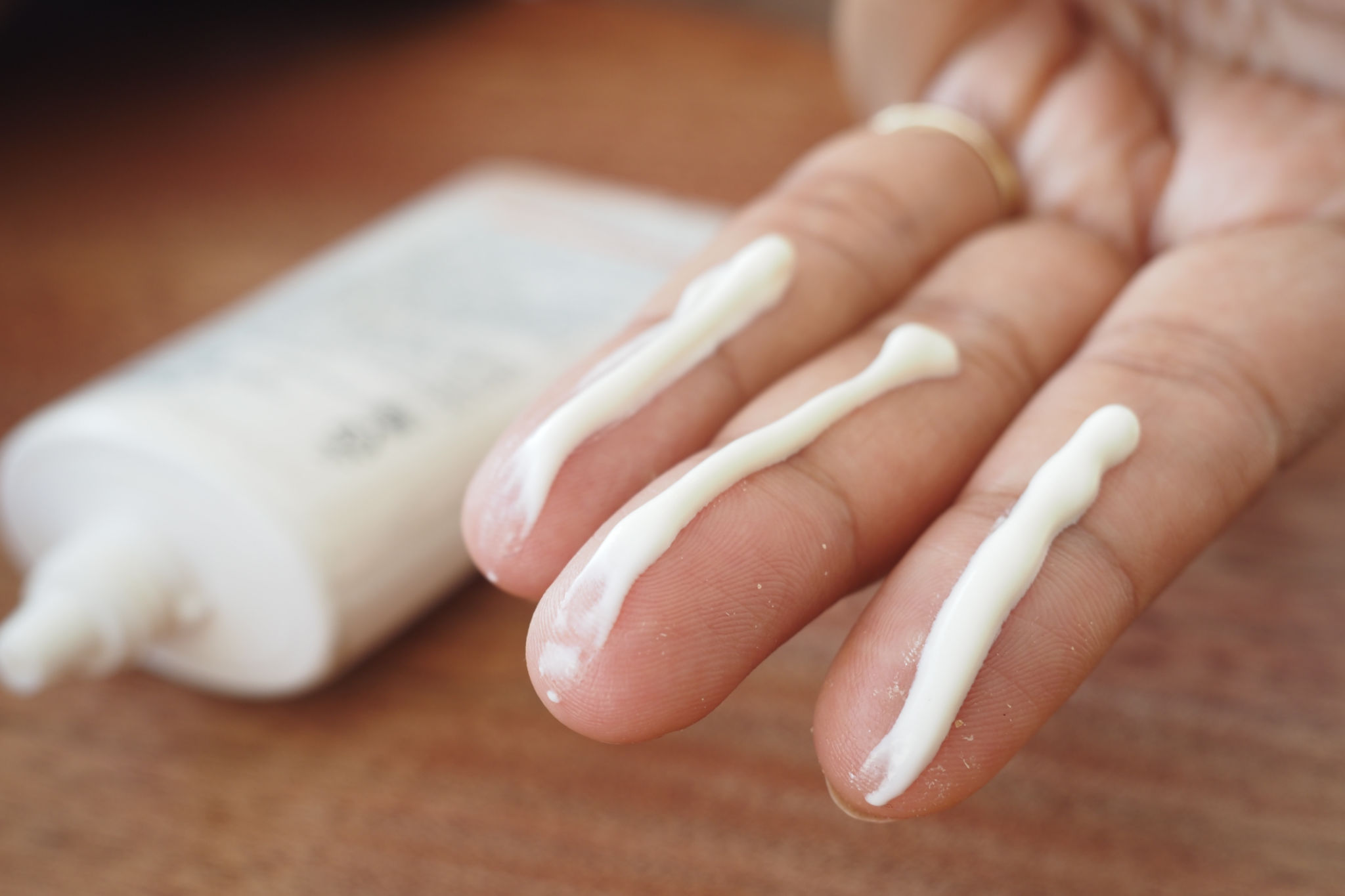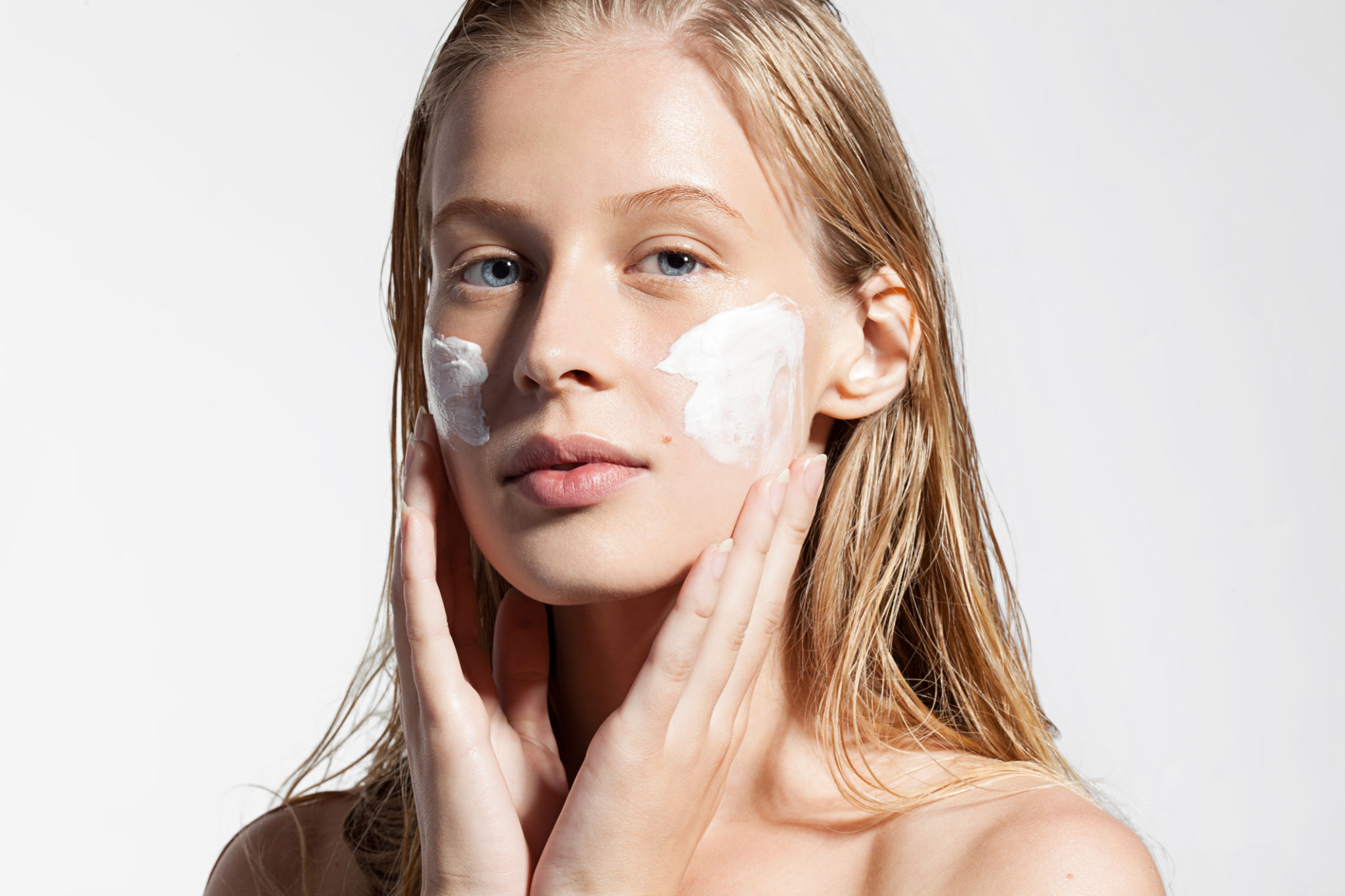Breaking Beauty Myths: What You Really Need to Know
Unveiling the Truth Behind Beauty Myths
In the vast world of beauty and skincare, myths abound. From age-old tales passed down through generations to modern-day misconceptions fueled by social media, it can be challenging to decipher what truly benefits your skin and what doesn't. In this blog post, we'll unravel some common beauty myths and provide you with the facts you need to make informed decisions about your skincare routine.

Myth 1: Natural Ingredients Are Always Better
The allure of "all-natural" products is undeniable, but it's important to understand that not all natural ingredients are beneficial for every skin type. While many natural components like aloe vera and chamomile can soothe the skin, others may cause irritation or allergic reactions. Additionally, natural doesn't always equate to effective. Many synthetic ingredients are designed to target specific skin issues more efficiently than their natural counterparts.
When selecting beauty products, it's crucial to consider your skin's unique needs and not just the ingredient list. Always perform a patch test before incorporating a new product into your routine.
Myth 2: You Only Need Sunscreen on Sunny Days
One of the most pervasive beauty myths is that sunscreen is only necessary when the sun is shining brightly. In reality, harmful UV rays can penetrate clouds and affect your skin even on overcast days. Consistent use of sunscreen is essential to protect against premature aging and reduce the risk of skin cancer.

Opt for a broad-spectrum sunscreen with an SPF of at least 30, and reapply every two hours if you're outdoors for extended periods. Remember, your skin's health should be a priority every day, regardless of the weather.
Myth 3: Expensive Products Are More Effective
Price does not always reflect the quality or effectiveness of a beauty product. Many affordable skincare options offer excellent results without breaking the bank. The key is to understand your skin type and concerns, and choose products with ingredients that address those needs effectively.
- Research product reviews and feedback from users with similar skin concerns.
- Consult with a dermatologist for personalized recommendations.
- Focus on ingredient efficacy over brand reputation or price.
Myth 4: Oily Skin Doesn't Need Moisturizer
Another common misconception is that oily skin doesn't require moisturizing. In truth, skipping moisturizer can lead to even oilier skin as your sebaceous glands produce more oil to compensate for the lack of hydration. The solution lies in choosing the right type of moisturizer.

Look for oil-free, non-comedogenic moisturizers that provide hydration without clogging pores. Gel-based formulas are often ideal for oily skin types as they offer lightweight moisture.
Fact-Checking Your Beauty Routine
Breaking free from these beauty myths not only helps in choosing the right products but also enhances your understanding of what truly matters in skincare. Focus on the basics: cleansing, moisturizing, protecting (with sunscreen), and addressing specific concerns like acne or aging with targeted treatments.
Remember, every individual's skin is unique. What works for someone else may not work for you, and that's perfectly okay. By debunking these myths and educating yourself, you're one step closer to achieving healthy, radiant skin.